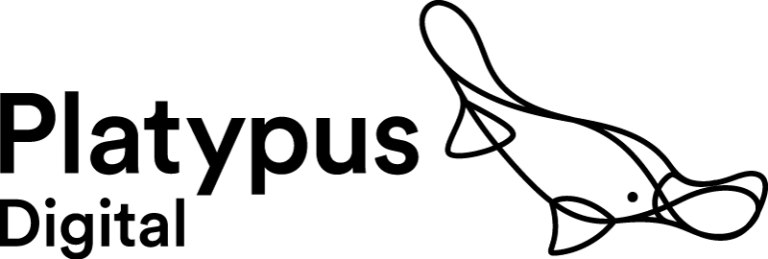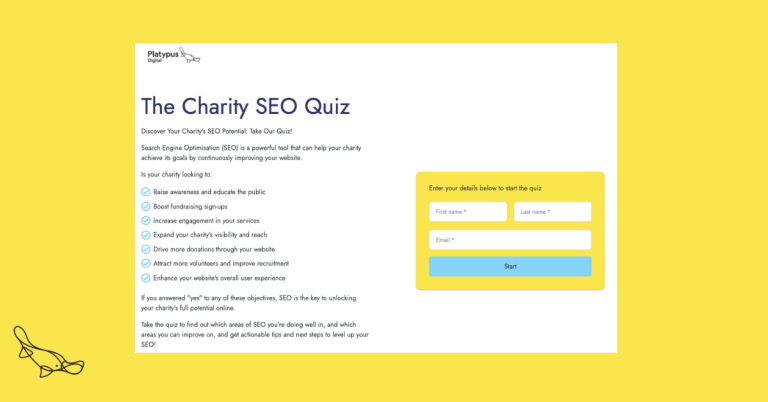By now, you’re familiar with the old adage that “culture eats strategy for breakfast”. So familiar in fact that it probably makes you think more about breakfast than strategy at this point.
It still holds true. You can have the best plan in the world, the finest strategic minds working in your team, but it’s all for nowt if you’ve got the wrong culture for digital to thrive in.
Culture is at its heart a set of subtly expected behaviours. And what you do day to day creates its own culture.
Here are some cultural behaviours that act as a catalyst for deepening digital skills, widening participation in digital service creation, and more besides.
1. Test and learn
Last heard at every digital conference you’ve ever been to.
Test and learn is simply about trying something (a tool, a technique, a whole channel), seeing how it goes and learning from that experience to do it better next time.
This is an essential part of your culture. Digital marketing is still a relatively young discipline in the charity sector, certainly compared to fundraising and comms. So there’s a good chance your team is at an early developmental stage of implementing digital projects and campaigns.
That means your directors and heads of have to open to them not going that well at first. To be open to spending actual charity donations without any guarantee of success.
We’ve worked with one charity for over a year now. That year has been all about test and learn, creating donor acquisition campaigns that are brand new to the charity. Some have gone better than others. But the insights we’ve come up with together are incredible foundations on which to build future campaigns and even teams.
That openness takes courage. It also takes…
2. Openness to change
Once you’ve had all the fun of the test and learn stage, you need to have the confidence and focus to roll out the winners, the things that actually work.
The winner might be a new digital service design framework, or an angle for your donor acquisition Facebook Ads. Whatever it is, you need the ability to move on from the fun of experimenting with different ad copy in your Google Ad Grants campaigns say, and rolling out what you now know works, what gets results for your charity.
Digital is about test and learn, and charity is about helping people. Do what works.
3. Openness about mistakes
The natural extension to the courage needed to test and learn is openness about the things you haven’t done well more broadly.
Just as your digital marketing campaigns are full of those tests that didn’t go so well, your work in general is full of mistakes (same as the rest of us).
When you don’t try and present yourself as an all-knowing expert, you tend to be seen as more likeable, not incompetent.
You can build empathy and solidarity by making what you could have done better part of your everyday language.
4. Taking a punt on the future
Digital marketing, infrastructure, service delivery, you name it – these are baby disciplines.
Fundraising, counselling and therapy, even PR are relatively ancient as disciplines. Collectively, they’ve been around for generations, gradually honed and perfected in that time.
What we’re doing with digital is building a brand new discipline for the future. One that fits how people find, consume and act on information, and the devices they use to do it.
So if you want to get anywhere with digital, there needs to be a culture of risk taking. Taking a punt. Investing in an uncertain future, confident that you’re moving with the world, not against it.
5. Respecting your colleagues’ expertise
Digital is not an island.
If you’re in a digital fundraising team, you probably sit in fundraising. Your colleagues have decades of experience in community fundraising, challenge events, trusts and foundations, and more besides.
They are experts. They know what they’re talking about.
You do too. You’ve been developing ever deeper knowledge through training, peer learning and years of experience.
You know what works online. They know what works offline and for fundraising in particular, that the money they raise makes your charity work.
Shrugging your shoulders with irritation when colleagues ‘just don’t get it’ isn’t good enough. If they don’t get what you say or understand what you do, you aren’t communicating it right.
6. Sharing your work
Be open about what you’re working on day to day. Keeping your campaigns and plans secret like a squirrel hiding nuts for the winter won’t get you anywhere.
You might be chatting to a fundraising colleague at the water cooler. You might end up sat next to someone from finance in the kitchen over lunch. When you do, make a habit of talking about the CRM project you’re scoping, and how your recent Facebook Ads message testing campaign went – especially if it went badly.
Normalising your work will break down the mystery and get everyone involved.
Go one step further. Convene lunch and learns, and present about the more fun aspects of your work, and that other charities.
7. Relationship building
Go yet another step further than just bumping into colleagues at the water cooler – suggest a lunch with a head of or a director.
I know one head of digital who does just that. She makes a point of doing it away from the office, saying that even just going to the cafe next door really makes both parties open up in a way they never would in the office kitchen.
Grab a tasty falafel wrap and ask your esteemed colleague about their big challenges. Digital may have a role to play in solving them.
Culture is about what you do every day. You might end up enjoying such regular lunch dates that you never want to eat al desko again.





